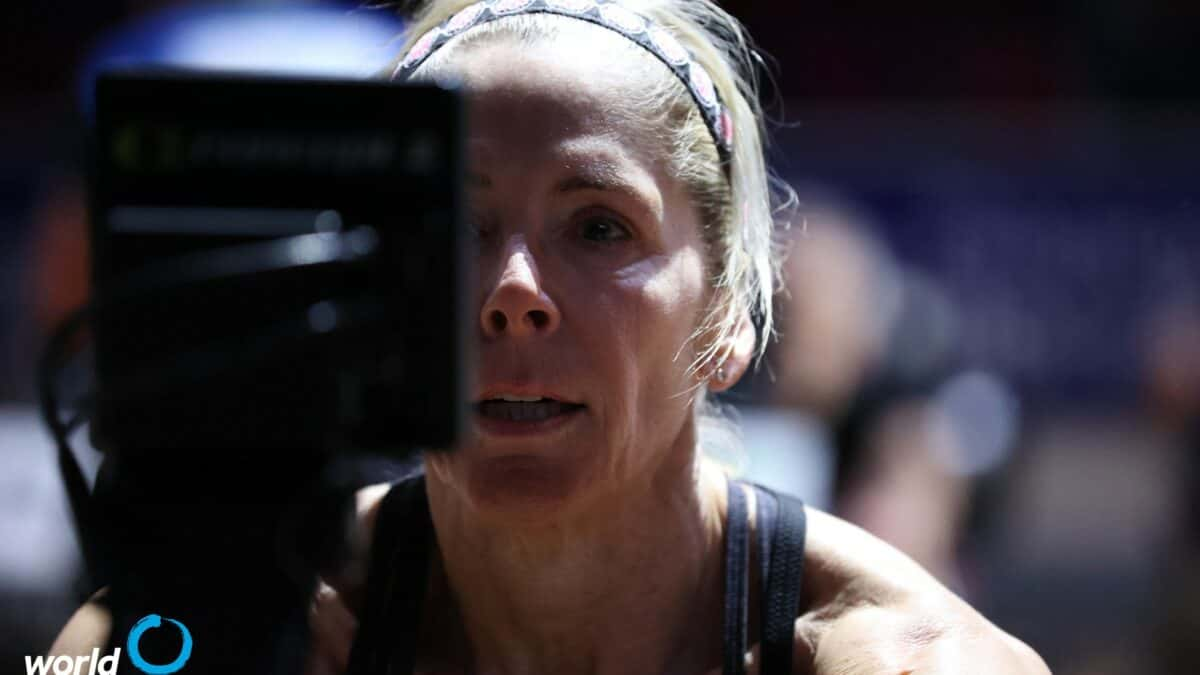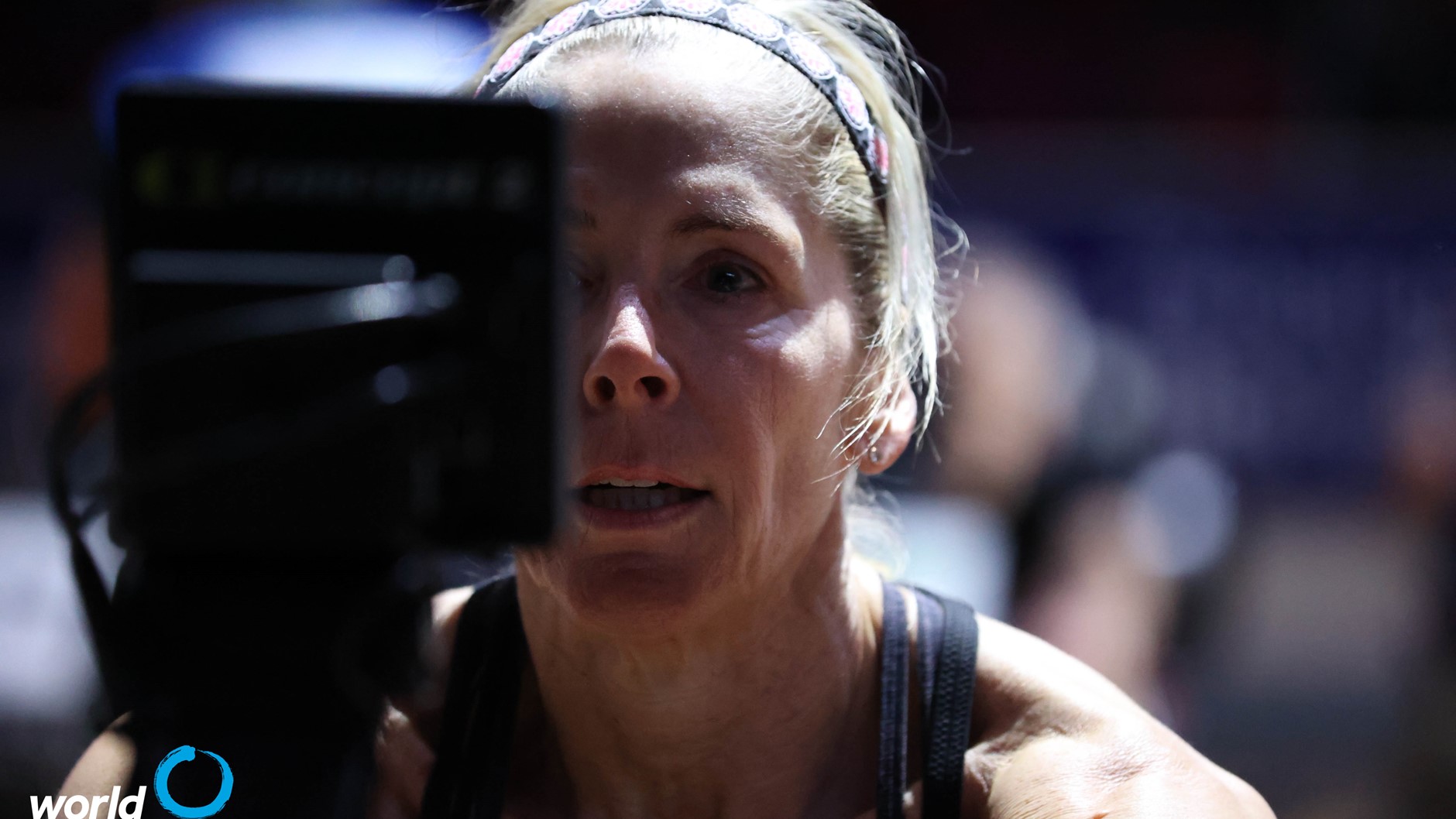
09 Dec 2020
Records set as indoor rowing qualifier moves to Europe and Oceania
The racing took place across two distances, 500m and 2000m, and across all categories. In the European event, several indoor rowing records were broken in the para rowing and masters categories.
Paralympic bronze medallist Moran Samuel of Israel set a provisional world record in the PR1 women’s single sculls in a time of 8:31.8. Sylvia Pille-Steppat from Germany took second in a time of 8:52.1, which is a provisional record in her age category. In the women’s PR2 category Great Britain’s Lauren Rowles clocked the fastest time (8:02.9) but was not competing for a qualification spot. That went to second place Jolanta Majka of Poland with a time of 8:43.8.
 In the women’s open 2000m race, Sophie Souwer of the Netherlands was the first to rank in the qualification places with her time of 6:48.9. This was fifth overall behind four British national team rowers. Karen Bennett finished first in the British Rowing Indoor Championships with a time of 6:44.8.
In the women’s open 2000m race, Sophie Souwer of the Netherlands was the first to rank in the qualification places with her time of 6:48.9. This was fifth overall behind four British national team rowers. Karen Bennett finished first in the British Rowing Indoor Championships with a time of 6:44.8.
The men’s open 2000m race saw former indoor rowing champion, Belgian’s Ward Lemmelijn take the top spot, finishing in a time of 5:47.6. He was followed by Bartosz Zablocki from Poland who finished five seconds slower: 5:52.4. Notably in the lightweight category, World Champion Martino Goretti of Italy took first with an impressive 6:13.8.
Across the world, rowers in Oceania were racing the same distances and same categories. Though the entries were slightly smaller, the racing was still fierce.
“The Oceania Event went really well. We had good participation from New Zealand and Australia as well as Tahiti and a couple of other nations,” said organiser Eric Murray. Murray says this is a first for New Zealand rowers to participate in a virtual event.
In the men’s open category, two New Zealand national team rowers used the event as a warmup for their 5000m test next week. Cameron Webster finished first in a time of 5:54.8.
“We had great entries from our masters competitors and some close racing in many events. One highlight would be seeing our oldest competitor, who competed in the women’s 85 (years old) lightweight event, which is fantastic to see. We also had a fast race in the 500m with the winner going 1:14 which we know will be a fantastic race come February,” said Murray.
Murray noted that the event was a good learning experience in terms of the time zones in Oceania.
“It was a delicate balance which we know will be interesting come the World Rowing Indoor Championships as bizarrely, even though they are only 4 hours away on the clock, Tahiti is actually 20 hours behind New Zealand. So, doing the event with New Zealand as the standard time on a Saturday, we have Tahiti competition on a Friday, and we have the west coast of Australia nearly six hours behind New Zealand also. So, it’s a large area to cover in Oceania,” added Murray.
World Rowing Sport Manager, Liz Soutter said, “Even with the virtual format we were able to see some fast and close racing. We are very grateful to Eric Murray and his team at the New Zealand Indoor Rowing Association for taking on the challenge of running this event. We’re excited to see some strong athletes from Oceania compete in the WRICH finals.”
The European and Oceanian rowing qualifiers now have just over two months to continue preparations for the World Rowing Indoor Championships, which takes place from 23-27 February, 2021. For more information, click here.
For the full results from the WRICH European Qualification, click here.
For the full results from the WRICH Oceania Qualification, click here.

